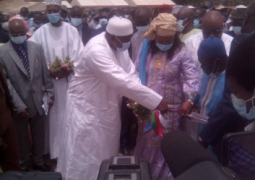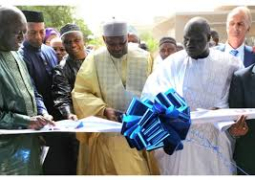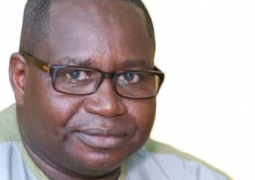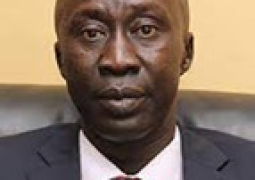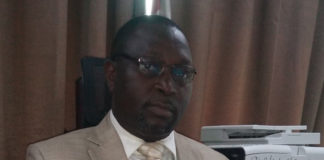
According to the MoBSE PS: “Failing in our terms are students who scored nine (9) in all the subjects they sat which translates that these are students that cannot be employed and cannot be trained.”
PS Mendy said there was a circulation in the social media that was not presenting the true and fair picture of the 2022 WASSSCE results, noting that for one to have the true and fair picture of the results, he/she should have a reference point or benchmark. “Unfortunately, he said, on all the circulations he has seen, there has not been any that was referenced to anything or benchmarked to any results.
He said the results that have been published by WAEC came in where there were some outstanding results. “We had about 1458 results that were outstanding when that number of 605 students with five (5) credits including English language was presented.”
He added that there was an outstanding 1458 students whose results at the time were not presented by WAEC in their analysis which he said would have changed the narratives if they were in.
In addition, he revealed that the 605 number of students who got five (5) credits including English and Math have increased to seven hundred and sixteen (716) students with five (5) credits including English and Math.
However, he pointed out that there are students who got six, seven, eight to nine credits but unfortunately they have not been captured in any of the analysis that has been circulated – meaning that have been “ignored and considered failures.”
“Someone could have seven credits but never had credit in English and that was not captured. Someone can have eight credits and does not have a credit Maths and that is also not captured,” the MoBSE PS stated.
According to him: “As a sector, we are cognisant of what we used to have and that is ‘Content Based Knowledge’. This means the exams or assessments conducted for students were based on content which is the more reason why students sit to exam and regurgitate what they are taught but thereafter they fall short of the competences needed.”
He added that looking at the above mentioned, MoBSE gives those exams and assessments just to take students to the university which resulted in the compulsory credit in English and Mathematics.
Furthermore, he said as a sector, it is not in the interest of MoBSE to only concentrate on students that can go to university. “There’s nowhere in the world where everybody transits to university. Development cannot happen with only one set of skills, but rather we have to have diverse set of skills,” he noted.
“We need journalists, teachers, medical doctors, welder men, as well as carpenters and others. Where do we get them if our national curriculum and educational system focuses its interest only on producing people to the best areas of medical schools and engineering among others,” he asked.
He said MoBSE embarked on strategy reforms showing the shift from Content Based Knowledge to Competence Based Knowledge. “We want to prepare students and people so that when they come out of the educational system, they should be able to gain employment either in the public, private or self area.”
In doing that, he stated that the main focus is instead of having a few people heading to the university, MoBSE wants to ensure a greater number of people or students passing their exams with competence, with skills and with the knowledge of the knowhow rather than just the content.
Read Other Articles In Headlines
